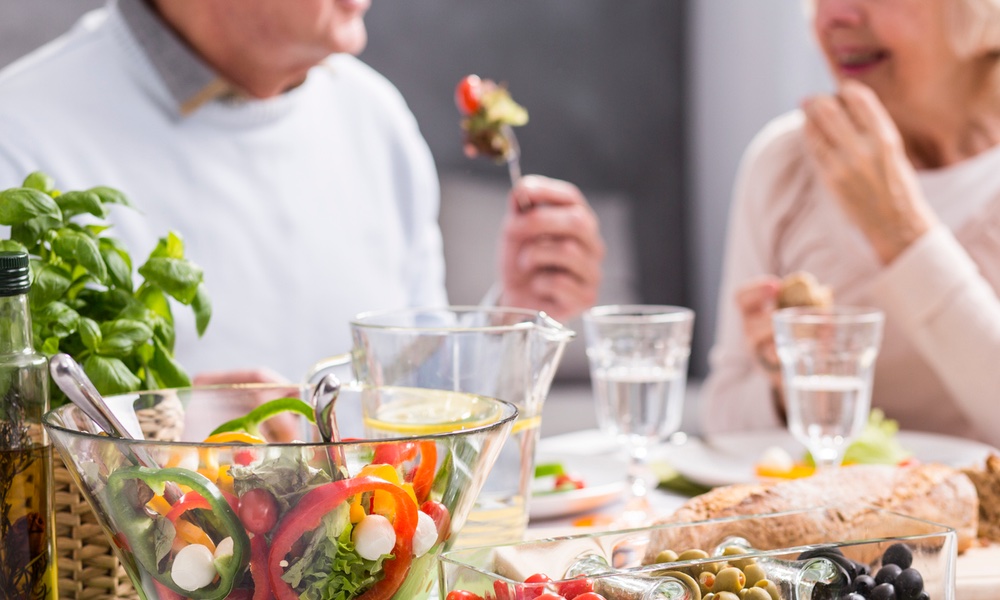In a follow-up to their 2008 study, British researchers have found that the ability of beet juice to lower blood pressure comes from its high nitrate content.
Back in 2008, the researchers found that drinking beet juice could lower blood pressure by over 10 points and that a decrease of 4.4 points persisted 24 hours after drinking beet juice. This suggests the possibility of a natural, vegetable-based treatment for high blood pressure.
After one hour, the blood pressure of those who drank the beet juice began to drop, with a maximum drop of 10.4 points systolic blood pressure seen at 2.5 hours.
Beet juice is juice obtained from the common red beet. It is often called beetroot juice, since the beet itself is a root vegetable that grows underground. Beet leaves, also called beet greens, can also be eaten.
The decrease in blood pressure was thought to be due to the nitrate in the beets. In the body, nitrate produces small amounts of nitrite, which in turn produces small amounts of the gas nitric oxide. Nitric oxide is a potent dilator of blood vessels, and as blood vessels expand, blood pressure decreases.
The researchers measured blood nitrite concentration and found that it peaked three hours after drinking the juice, right around the time the blood pressure decrease peaked.
A second experiment showed that nitrite only forms after nitrate enters the saliva. The conversion to nitrite presumably occurs by the action of oral bacteria present on the underside of the tongue. In this experiment, volunteers who drank beet juice but spat out all saliva for three hours afterwards did not show the increase in blood nitrite seen in volunteers who continued to swallow their saliva as they normally would. This implies that nitrate must first enter the saliva, be converted to nitrite there and then swallowed before blood pressure begins to decrease.
In the 2010 study, the researchers, once again working with healthy volunteers, compared the effect of drinking beet juice to taking inorganic nitrate capsules. They found that both substances had a similar effect on blood pressure and this effect increased with increasing dose. They also found that only 250 ml (about 8.5 oz.) of beet juice was needed to lower blood pressure.
But this perspective looks at beets as a medication. Simply eating fruits and vegetables seems to offer people protection against developing high blood pressure in the first place. Maybe if people ate their beets and other fruits and vegetables when young, they wouldn't need blood pressure medication later in life.
An ahead-of-print version of the 2010 study was published online June 30 by the journal Hypertension.




